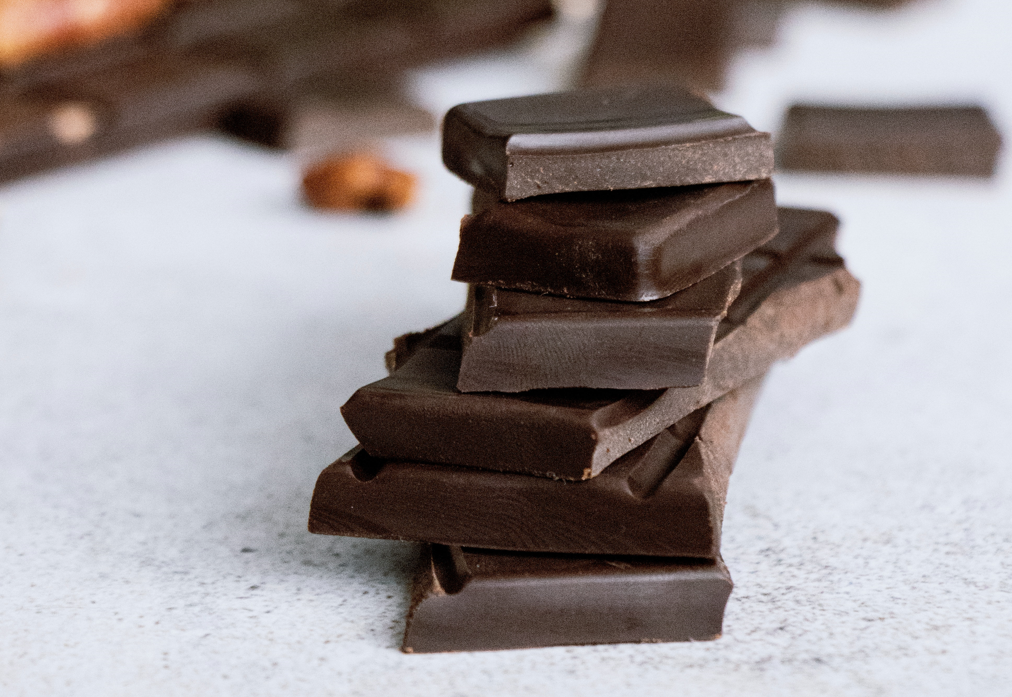It is more than likely, especially in Belgium, that a fair amount of chocolate was consumed over the festive period. Most of us who have indulged will have done so with a slight pang of guilt and may have 'turned to the dark side' in a bid to keep the calories down while enjoying the luxury. But is dark chocolate really better for us?
For some, this isn't really an option as the bitter taste of dark chocolate puts them off. For others, however, dark chocolate is the epitome of chocolate with its subtle aromas and complex taste.
There is also the belief that the lower sugar content in dark chocolate makes it healthier than milk chocolate, which is perceived as being sweeter and fattier. Some diets even advocate dark chocolate over the milk version, saying we should eat 30 grams of the dark stuff (or two squares of a bar) per day.
While eating any chocolate will not help you lose weight, dark chocolate does calm the cravings to eat more of it and is an excellent anxiolytic (i.e. a substance that reduces anxiety).
Related News
- 'Europe's chocolate heart': Belgium partners with Mexico's Festival del Chocolate
- Belgium ranked as having world's 31st-best cuisine
But beware of overindulging, even on dark chocolate. Also, read the labels carefully: a bar of dark chocolate can sometimes contain more calories than a milk one. A bar of Côte d'Or milk chocolate, for example, has 531 calories, while a bar of 70% dark chocolate contains 600. This is because, while there is less sugar, there is more fat.
However, chocolate doesn't just contain fat and sugar. It also contains fibre, endorphins, antioxidants, allotropins, and flavanols – all of which are beneficial for your health.
For those who prefer white chocolate, be aware that these are usually sugar bombs. However, some white chocolates contain fewer calories than dark chocolates, so the best advice in all cases is to check the small print on the package!

